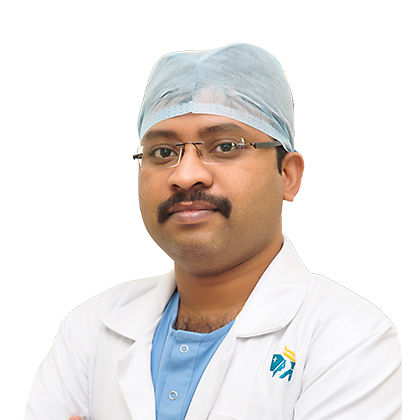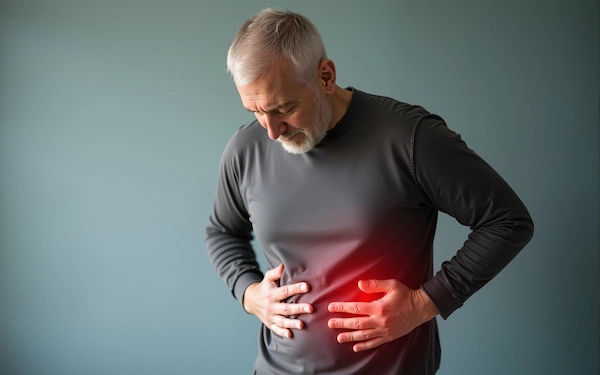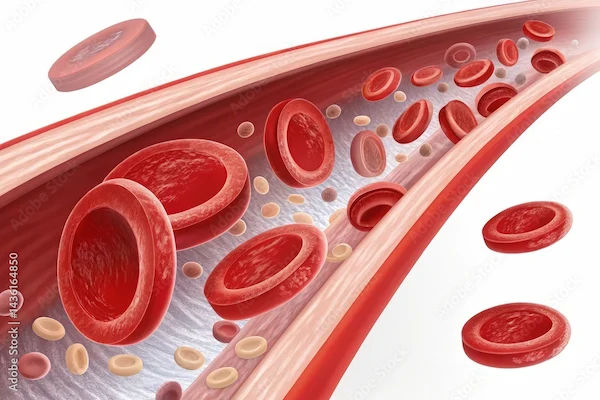Normal Calcium Levels Explained
Know all about healthy calcium levels, understand the difference in symptoms, and normal levels. Learn how to maintain healthy calcium levels and what to do and handle abnormal calcium levels.

Written by Dr. Vasanthasree Nair
Reviewed by Dr. Shaik Abdul Kalam MD (Physician)
Last updated on 13th Jan, 2026

Introduction
Calcium is one of the most essential minerals in our body, playing a crucial role in keeping our bones strong, muscles functioning properly, and nerves transmitting signals effectively. But how much calcium is considered normal? And what happens if your levels are too high or too low?
In this article, we’ll break down everything you need to know about normal calcium levels in simple, easy-to-understand terms.
Why Is Calcium Important?
Calcium is not just about strong bones—it helps with:
Bone health – Prevents osteoporosis (weak bones).
Muscle function – Helps muscles contract and relax.
Nerve signalling – Ensures proper communication between nerves.
Heart health – Keeps your heartbeat regular.
Blood clotting – Helps wounds heal properly.
Since calcium is so vital, maintaining the right balance is key.
What Are Normal Calcium Levels?
Calcium levels in the blood are measured in milligrams per deciliter (mg/dL). The normal range for adults is:
Total calcium: 8.6 to 10.2 mg/dL
Ionised (free) calcium: 4.6 to 5.3 mg/dL. This is the active form of calcium.
Your doctor may check your calcium levels through a simple blood test. If your levels are outside this range, it could indicate an underlying health issue.
What Happens If Calcium Levels Are Too High?
When calcium levels exceed 10.2 mg/dL, it’s called hypercalcemia. This can happen due to:
Overactive parathyroid glands (hyperparathyroidism).
Certain cancers.
Excessive vitamin D intake.
Dehydration or certain medications.
Symptoms of High Calcium Levels:
The symptoms of high calcium levels include:
Fatigue and weakness
Frequent thirst and urination
Nausea or stomach pain
Bone pain
Confusion or memory problems
If left untreated, hypercalcemia can lead to kidney stones, bone loss, or heart problems.
What Happens If Calcium Levels Are Too Low?
When calcium levels drop below 8.6 mg/dL, it’s called hypocalcemia. Common causes include:
Vitamin D deficiency.
Kidney disease.
Low parathyroid hormone levels.
Poor dietary calcium intake.
Symptoms of Low Calcium Levels:
The symptoms of low calcium levels include:
Muscle cramps or spasms
Tingling in fingers and toes
Brittle nails
Weak bones (increased fracture risk)
Irregular heartbeat
Severe hypocalcemia can lead to seizures or heart problems if not treated.
Consult an orthopaedic for Personalised Advice
How to Maintain Healthy Calcium Levels?
1. Eat Calcium-Rich Foods
Include these in your diet:
Dairy products (milk, cheese, yoghurt)
Leafy greens (spinach, kale)
Fortified foods (orange juice, cereals)
Nuts and seeds (almonds, chia seeds)
2. Get Enough Vitamin D
Vitamin D helps your body absorb calcium. You can get it from:
- Sunlight up to 10-15 minutes daily
- Fatty fish like salmon, tuna
- Egg yolks
- Supplements (if recommended by a doctor)
3. Stay Hydrated
Dehydration can affect calcium balance. Drink plenty of water daily.
4. Exercise Regularly
Weight-bearing exercises (walking, jogging) help strengthen bones.
5. Avoid Excess Caffeine and Salt
Too much can lead to calcium loss in urine.
When Should You See a Doctor?
If you experience symptoms like:
Persistent muscle cramps
Unexplained fatigue
Bone pain
Irregular heartbeat
Final Thoughts
Maintaining normal calcium levels is essential for overall health. A balanced diet, proper hydration, and regular check-ups can help keep your calcium in check. If you suspect any imbalance, don’t hesitate to consult a doctor.
Consult an orthopaedic for Personalised Advice
Consult an orthopaedic for Personalised Advice
Dr. Madhava Rao Nekkanti S K
Orthopaedician
10 Years • "SSC – PRAGATI LITTLE PUBLIC SCHOOL, KAKINADA, 2004 • INTERMEDIATE (10+2) – SRI CHAITANYA, KAKINADA,2006 • MBBS – SSIMS&RC, DAVANAGERE, 2006-2011 • ROTATORY INTERNSHIP TRAINING – GOVERNMENT GENERAL HOSPITAL (RMC), KAKINADA, 2011-2012 • M.S ORTHOPAEDICS – NAVODAYA MEDICAL COLLEGE, RAICHUR, KARNATAKA, 2013-2016 • SENIOR RESIDENCY - GOVERNMENT GENERAL HOSPITAL (RMC), KAKINADA,2016 2017 • FELLOWSHIP IN ARTHROPLASTY - CONTINENTAL HOSPITALS, HYDERABAD, 2017- 2018 • FELLOWSHIP IN ARTHROSCOPY - CONTINENTAL HOSPITALS, HYDERABAD, 2018-2019"
Hyderabad
Apollo Hospitals Financial District, Hyderabad

Dr. Senthil Kumar Durai
Orthopaedician
14 Years • MBBS, MS (Ortho.)
Chennai
Apollo Hospitals Greams Road, Chennai
(75+ Patients)

Dr. Mayank Sharma
Orthopaedician
10 Years • MBBS,MS,Ortho-pedics,FASM,FIJR
Bhopal
Apollo Sage Hospitals, Bhopal

Dr. Saikiran Gudala
Orthopaedician
9 Years • (MBBS) , (M.S.Orthopaedics) FIJR, FIAS
Hyderabad
Apollo Hospitals Jubilee Hills, Hyderabad

Dr. M Sasidhar Reddy
Orthopaedician
10 Years • MS (ORTHO)
Nellore
Apollo Speciality Hospitals, Nellore
(25+ Patients)




